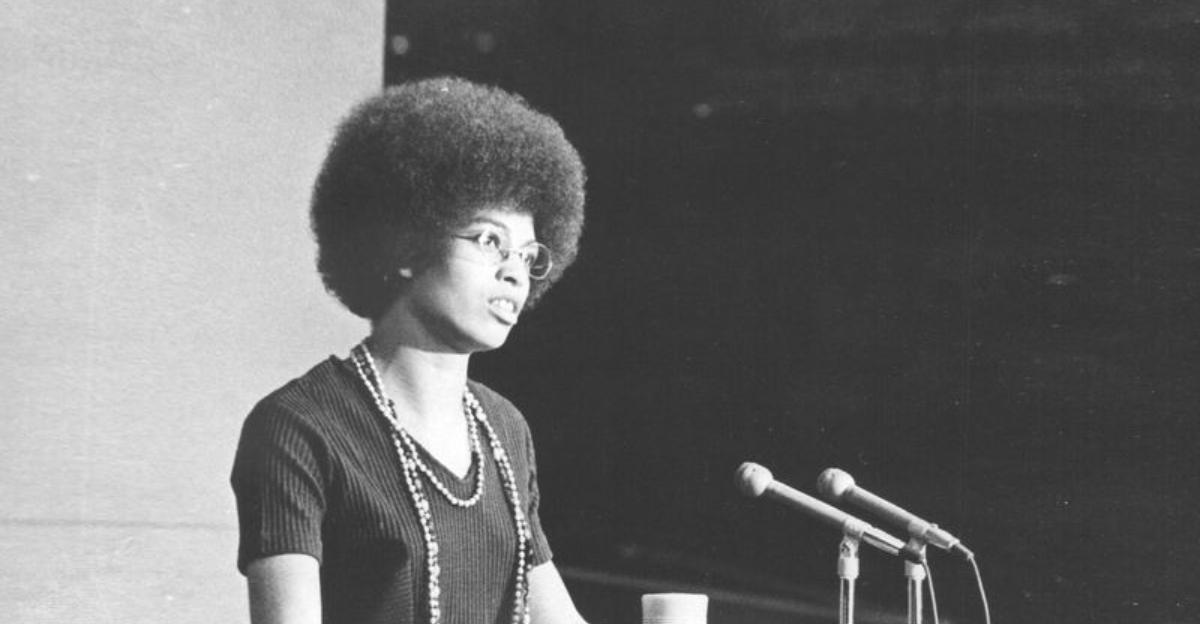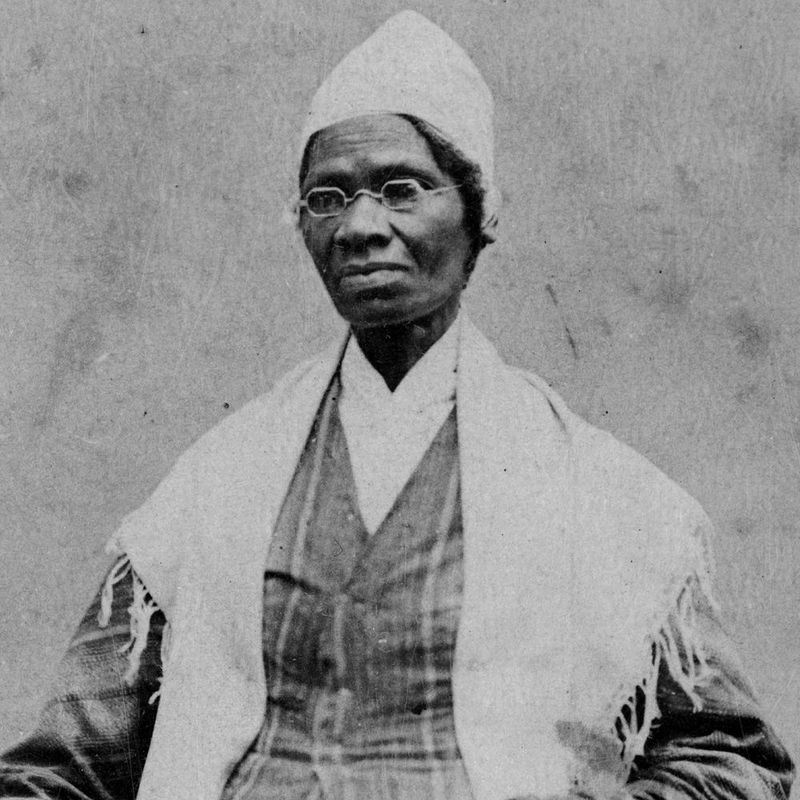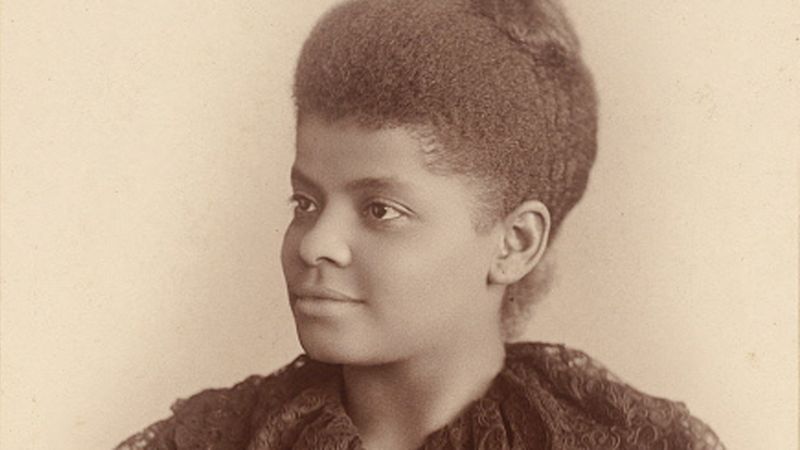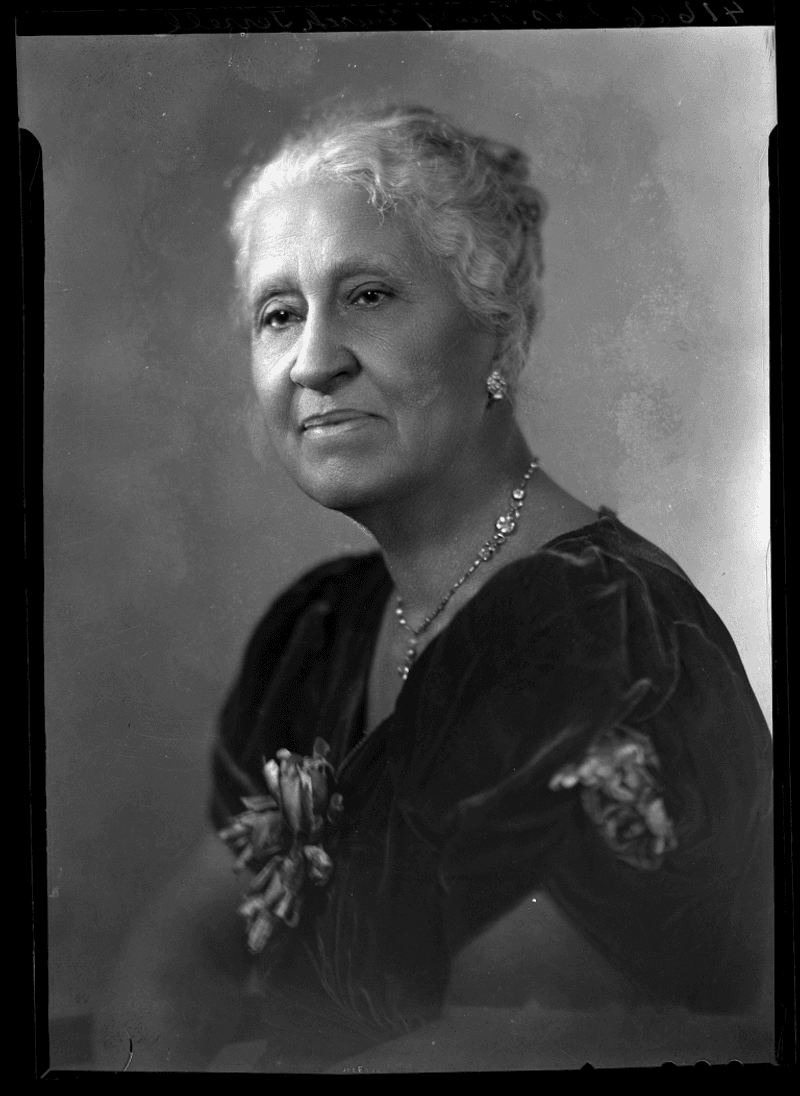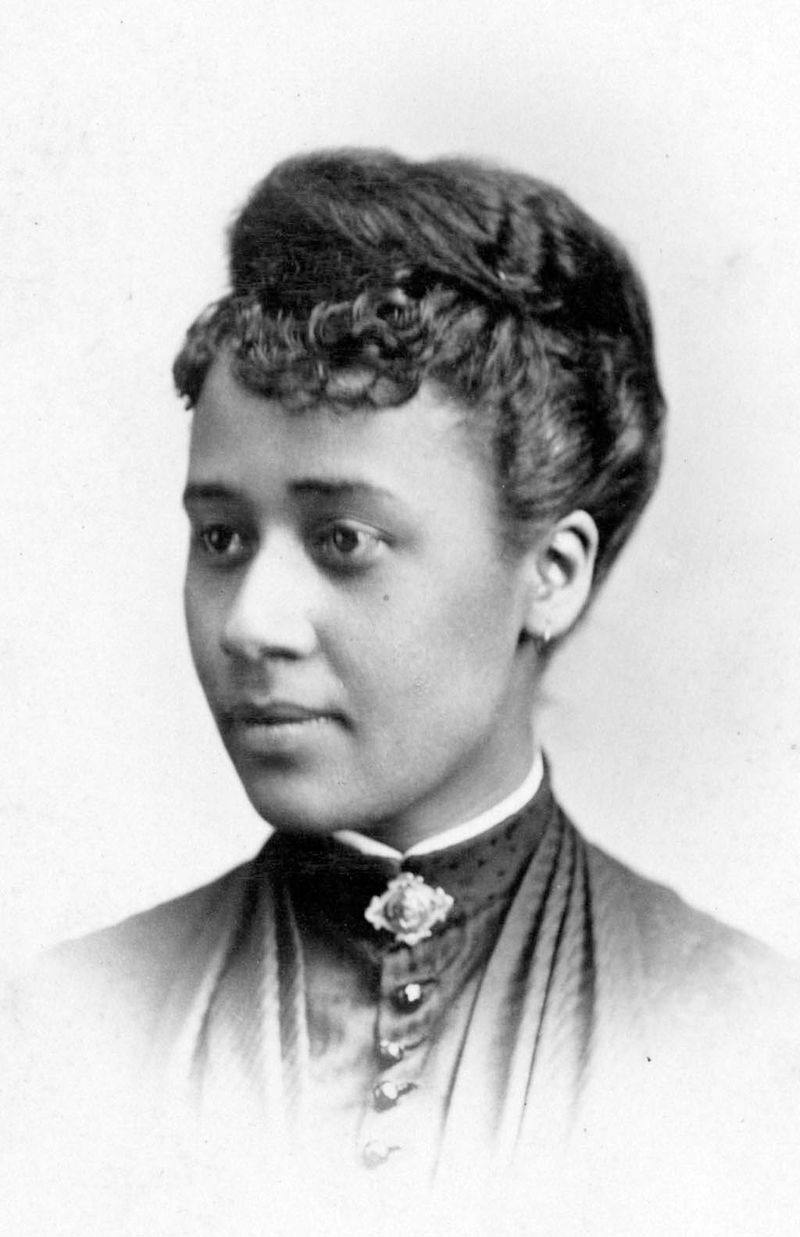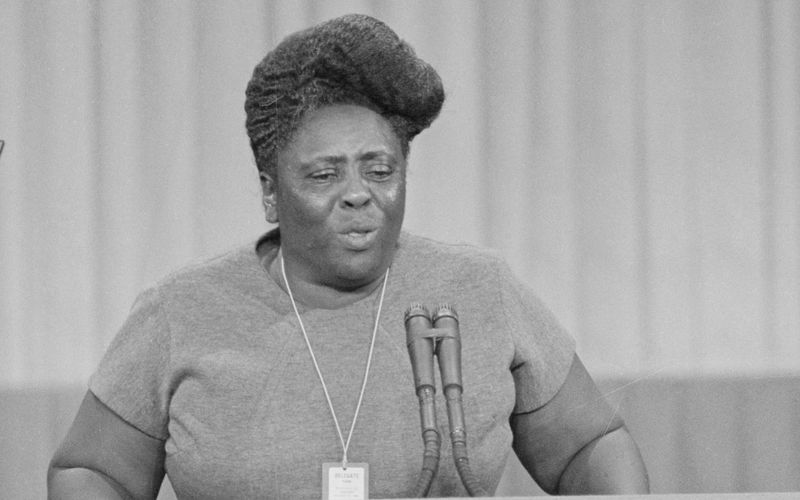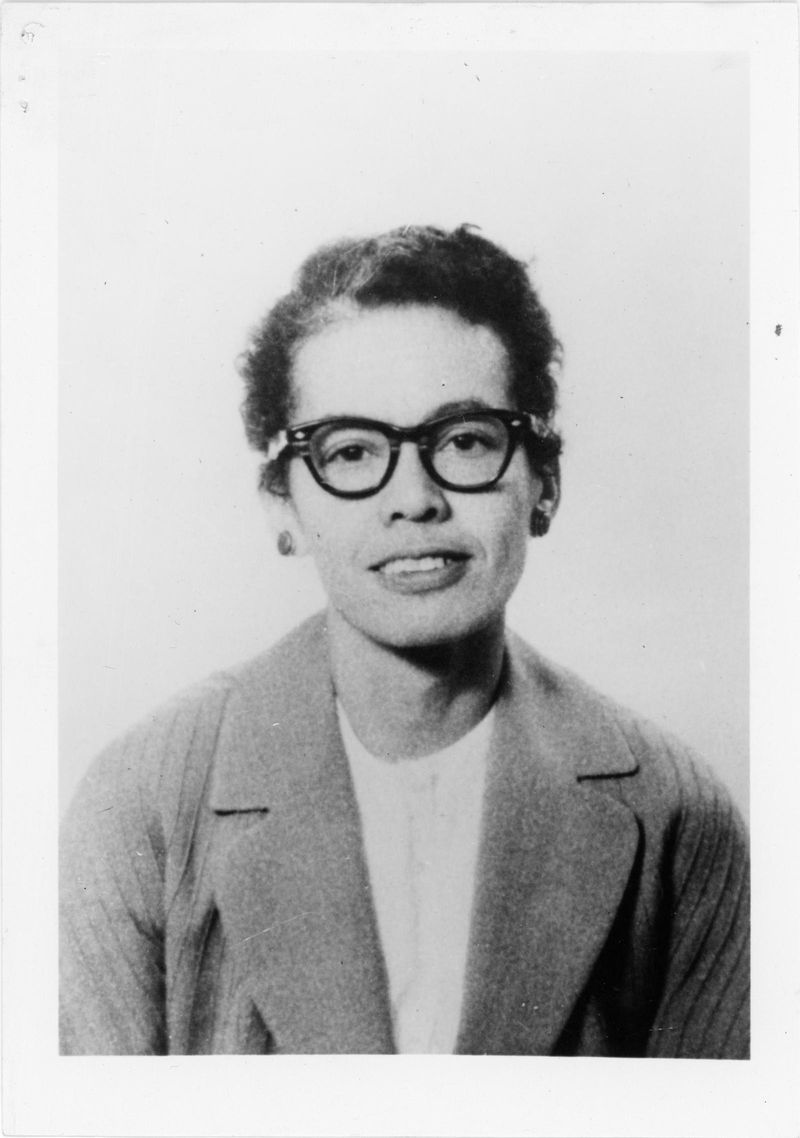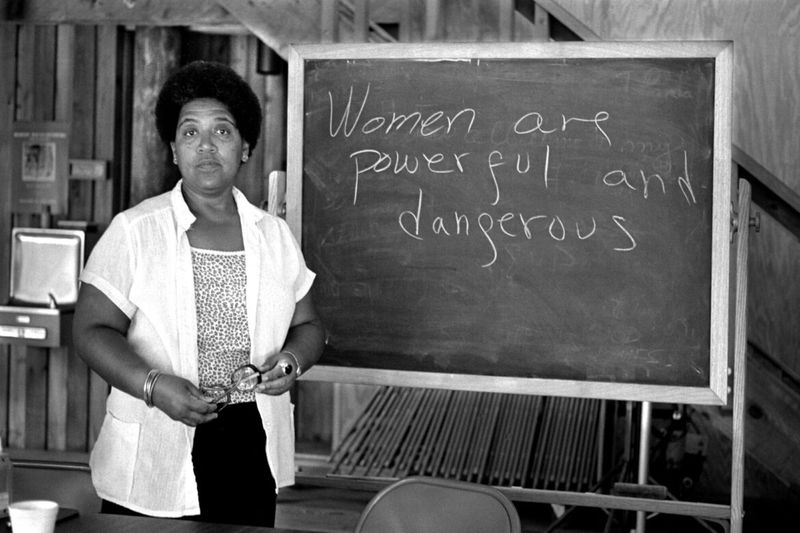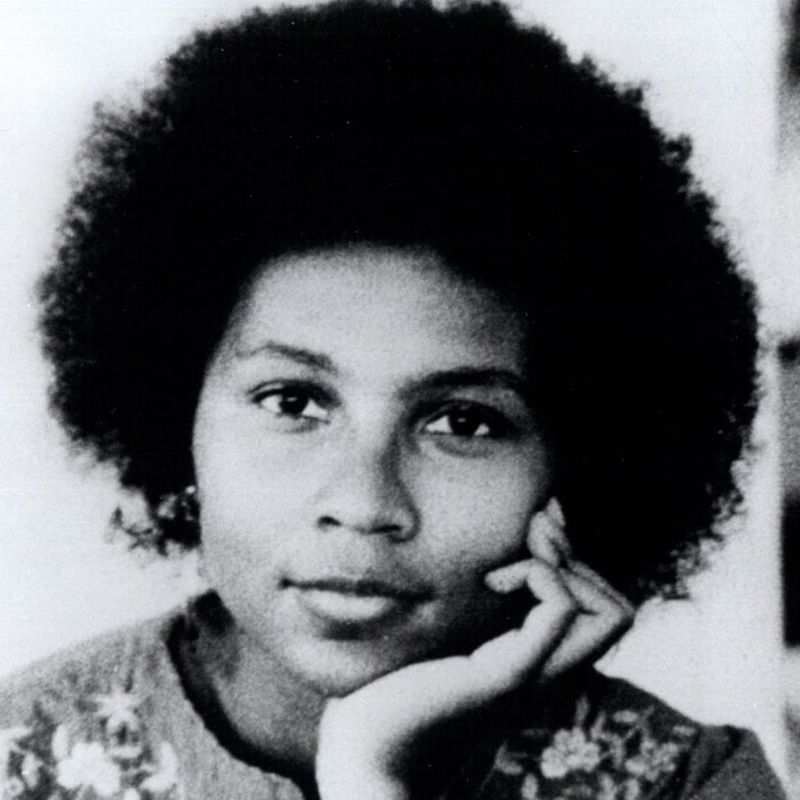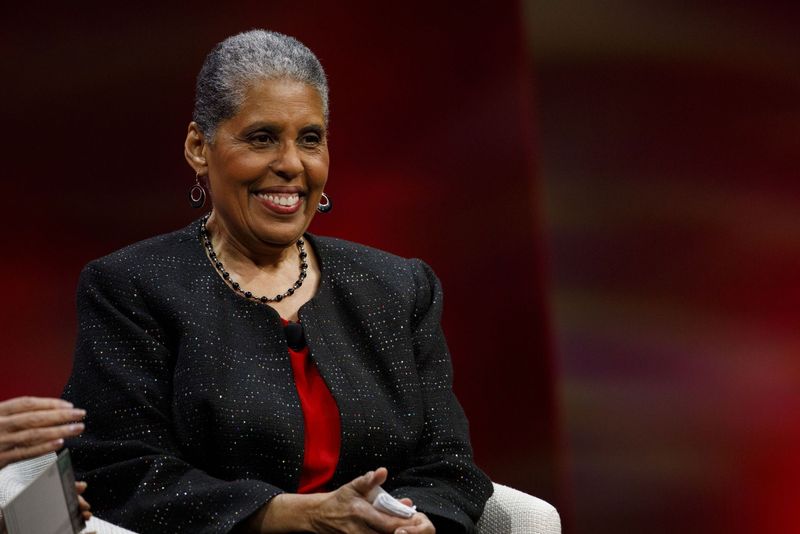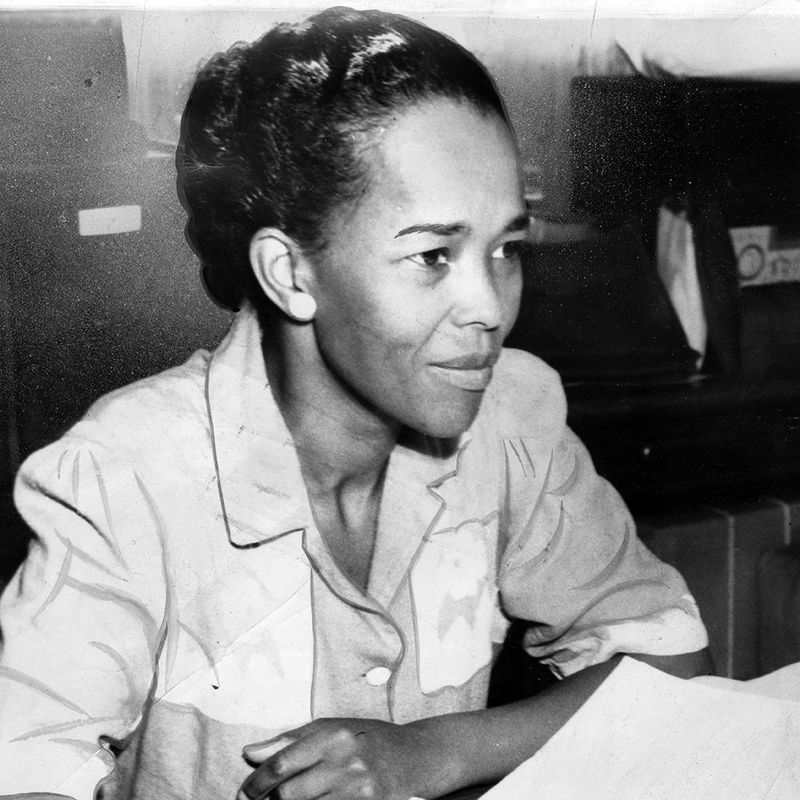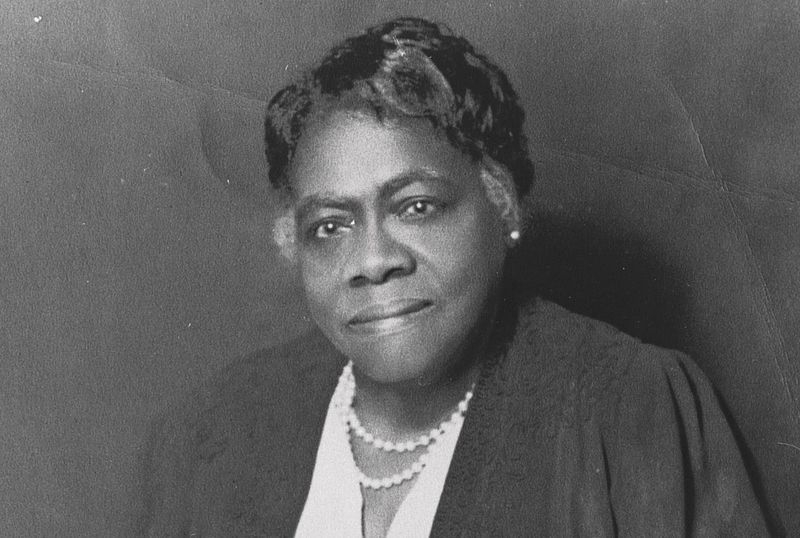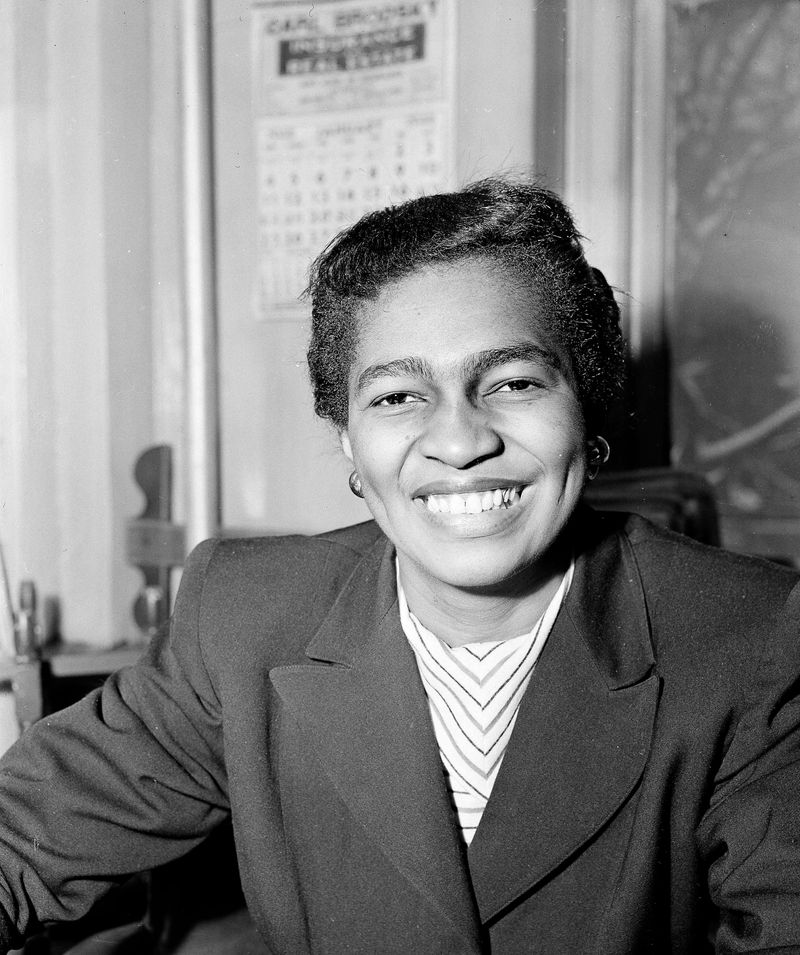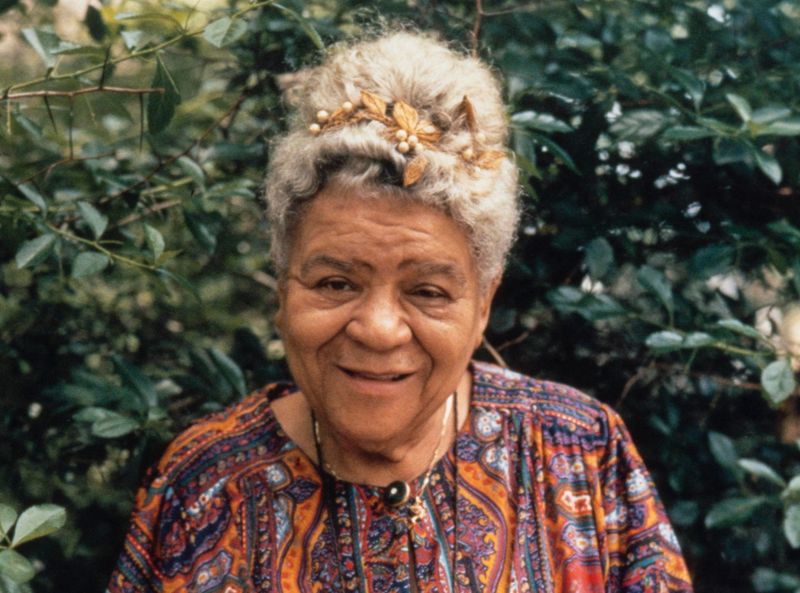In the annals of history, Black feminists have often been overshadowed. While many fought for voting rights, their contributions spanned a variety of social issues.
These women were trailblazers, advocating for civil rights, education, and economic justice, often risking their lives for equality.
By examining their legacies, we can appreciate the multifaceted struggles and triumphs that have shaped progress today.
This blog post celebrates 15 forgotten Black feminists whose impact went far beyond the ballot box.
1. Sojourner Truth
Sojourner Truth, born into slavery, emerged as a powerful voice for abolition and women’s rights. Her 1851 “Ain’t I a Woman?” speech challenged the intersection of race and gender, demanding equal rights for all.
Truth’s activism extended beyond speeches. She assisted in the recruitment of Black troops during the Civil War and fought for land grants for former slaves. Her unwavering spirit and eloquence made her a beacon for social change.
Truth’s legacy continues to inspire those fighting for justice, reminding us of the power of resilience and truth.
2. Ida B. Wells
Ida B. Wells was not only a journalist but a fervent anti-lynching crusader. Born into slavery in 1862, she used her sharp pen to expose the atrocities committed against African Americans.
Her investigative journalism highlighted the racial violence that plagued the South. Despite facing threats, she toured internationally, rallying support against lynching. Wells also co-founded the NAACP, advocating for civil rights on multiple fronts.
Her courage in the face of adversity set a precedent for activists. Her writings remain crucial in understanding the racial issues of her time.
3. Mary Church Terrell
Mary Church Terrell was a trailblazer in both education and civil rights. Born to former slaves, she became one of the first African American women to earn a college degree.
Terrell dedicated her life to advocating for racial and gender equality, co-founding organizations like the National Association of Colored Women.
Her eloquence and leadership skills were instrumental in campaigning against segregation, especially in Washington, D.C. Her legacy is marked by her relentless fight for equal opportunities in education and employment for African Americans and women.
4. Anna Julia Cooper
Anna Julia Cooper, an educator and scholar, used her intellect to champion the rights of Black women. Her seminal work, “A Voice from the South,” is considered one of the first articulations of Black feminism.
Cooper believed in the transformative power of education and dedicated her life to teaching and advocating for women’s rights.
As a visionary leader, she highlighted the unique struggles of Black women in a patriarchal and racist society, advocating for their empowerment through education and civic engagement. Cooper’s contributions resonate in the ongoing fight for equality.
5. Fannie Lou Hamer
Fannie Lou Hamer’s activism was rooted in her own struggles. Born into a sharecropping family, she became a leading voice in the civil rights movement.
Hamer’s powerful testimony at the 1964 Democratic National Convention highlighted the systemic disenfranchisement of Black voters. She co-founded the Mississippi Freedom Democratic Party, challenging the exclusionary practices of the time.
Her fearless advocacy for voting rights and economic justice inspired many to continue the fight against racial oppression. Hamer’s legacy is a testament to her unwavering courage and commitment to equality.
6. Pauli Murray
Pauli Murray was a pioneering attorney and civil rights activist. Her legal work laid the groundwork for gender and racial equality. Murray coined the term “Jane Crow” to describe the dual discrimination faced by Black women.
She was instrumental in the landmark Brown v. Board of Education case, providing the legal framework that challenged school segregation.
As a co-founder of the National Organization for Women, Murray’s efforts bridged the civil rights and feminist movements. Her visionary thinking and legal prowess continue to influence social justice advocacy.
7. Audre Lorde
Audre Lorde, a self-described “Black, lesbian, mother, warrior, poet,” used her voice to confront societal injustices. Her poetry and essays explored the intersections of race, gender, and sexuality, offering a powerful critique of oppressive systems.
Lorde believed in the transformative power of language and creativity as tools for social change. Her advocacy extended to issues of racism, sexism, and homophobia, building bridges across communities.
Lorde’s work continues to resonate, inspiring future generations to embrace their identities and fight for equality with courage and authenticity.
8. Angela Davis
Angela Davis, known for her activism against racial injustice, gained notoriety in the 1970s. Her work focused on prisoners’ rights and systemic inequalities. A member of the Communist Party and the Black Panther Party, Davis advocated for radical change.
She became a symbol of resistance after being wrongfully imprisoned, sparking international campaigns for her release.
Her writings and speeches continue to challenge and inspire, addressing issues from mass incarceration to intersectionality. Davis remains a vital figure in the ongoing struggle for justice and equity, advocating for transformative solutions.
9. Bell Hooks
Bell Hooks, a cultural critic and feminist theorist, reshaped how we understand race, gender, and class. Her groundbreaking books, such as “Ain’t I a Woman?”, challenged traditional narratives within feminism, emphasizing the importance of intersectionality.
Hooks’ accessible writing style made complex ideas approachable, sparking conversations on love, community, and healing. She argued for a feminism that embraces the experiences of marginalized groups.
Her teachings continue to influence contemporary feminist thought, advocating for a world where love and justice coexist. Hooks’ legacy is one of intellectual rigor and compassionate inquiry.
10. Barbara Smith
Barbara Smith, an influential writer and activist, co-founded the Combahee River Collective, a Black feminist organization.
She advocated for intersectionality long before it became a buzzword, emphasizing the need to address issues of race, gender, and class together.
Smith’s work in publishing, particularly her role in Kitchen Table: Women of Color Press, amplified voices of marginalized communities.
Her dedication to social justice and equality has left an indelible impact on feminist discourse. Smith’s efforts continue to inspire activists striving for inclusivity and systemic change.
11. Ella Baker
Ella Baker was a behind-the-scenes strategist in the civil rights movement. Her grassroots organizing and mentorship helped shape organizations like the NAACP, SCLC, and SNCC.
Baker believed in empowering ordinary people to become leaders, challenging hierarchical structures. Her philosophy of participatory democracy emphasized collective action and community engagement.
Baker’s legacy is a testament to her belief in the power of the people to bring about change. Her influence is seen in the enduring movements for social justice that prioritize voices from the grassroots.
12. Septima Poinsette Clark
Septima Poinsette Clark, known as the “Mother of the Movement,” played a crucial role in the civil rights era. Her innovative citizenship schools educated African Americans on literacy and civic rights, empowering them to vote.
Clark’s work often went unrecognized, yet she was a mentor to many iconic leaders. Her dedication to education as a tool for social change has left a lasting legacy.
Clark’s commitment to equality and her belief in the power of knowledge continue to inspire educators and activists alike in the ongoing fight for justice.
13. Mary McLeod Bethune
Mary McLeod Bethune, an educator and civil rights leader, dedicated her life to uplifting African American youth. She founded the Daytona Educational and Industrial School for Negro Girls, which later became Bethune-Cookman University.
Her leadership extended to national politics, where she advised several U.S. presidents. Bethune’s belief in education as a means of empowerment was central to her work.
Her efforts laid the groundwork for future generations to access education and equality. Bethune’s legacy is a powerful reminder of the impact of education in transforming lives and communities.
14. Claudia Jones
Claudia Jones, a journalist and activist, used her platform to champion the rights of Black and working-class communities. Born in Trinidad, Jones moved to the U.S., where she became a leader in the Communist Party.
Her writings addressed issues of race, gender, and class, advocating for a more equitable society. Despite facing political persecution, Jones continued her activism in the UK, founding the West Indian Gazette.
Her legacy is marked by her resilience and commitment to justice. Jones’ work remains relevant in the fight against racial and economic oppression.
15. Queen Mother Moore
Queen Mother Moore was a fierce advocate for reparations and Pan-African unity. Her activism spanned several decades, beginning with her involvement in Marcus Garvey’s Universal Negro Improvement Association.
Moore was instrumental in the early reparations movement, demanding compensation for the descendants of enslaved Africans. Her dedication to Black empowerment extended to education and cultural preservation.
Moore’s legacy is celebrated in communities that continue to advocate for reparations and racial justice. Her life’s work serves as a reminder of the enduring struggle for equality and the importance of cultural heritage.
